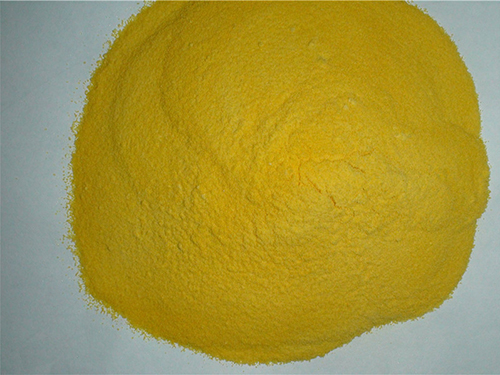industrial flocculant
The Role of Industrial Flocculants in Water Treatment
In recent years, the utilization of industrial flocculants has gained immense importance in various sectors, particularly in water treatment processes. These chemical agents play a pivotal role in separating solids from liquids, making them essential for industries that require efficient water purification and wastewater management. This article explores the mechanisms, applications, and benefits of industrial flocculants in enhancing the quality of water systems.
Understanding Flocculation
Flocculation is a process that involves aggregating fine particles suspended in a liquid to form larger clusters, known as flocs. This process is crucial for improving the sedimentation and filtration of suspended solids. Industrial flocculants are typically polymers that can be cationic, anionic, or non-ionic, each designed to interact with specific types of particles in diverse environments. The selection of a suitable flocculant depends on factors such as the nature of the suspended solids, the pH of the solution, and the overall chemical composition of the water being treated.
Mechanisms of Action
The effectiveness of a flocculant lies in its ability to bridge the suspended particles, aiding in their agglomeration. When added to water, flocculants can neutralize the electrical charges on particles, which often repel each other, preventing agglomeration. By neutralizing these charges or providing a physical structure for the particles to latch onto, flocculants facilitate the formation of larger flocs that can be easily removed from the liquid phase through sedimentation, flotation, or filtration.
Applications in Various Industries
1. Municipal Water Treatment One of the most significant applications of industrial flocculants is in municipal water treatment facilities. These plants utilize flocculants to enhance the removal of suspended solids, organic matter, and pathogens during the purification process. By improving the efficiency of sedimentation tanks and clarifiers, flocculants help ensure that drinking water meets stringent quality standards.
2. Wastewater Treatment Industries generating wastewater, such as textiles, paper, and food processing, employ flocculants to treat effluents before discharge. The addition of flocculants effectively removes contaminants, including oils, fats, and dyes, thereby reducing the environmental impact and compliance costs associated with wastewater management.
3. Mining and Mineral Processing In the mining sector, flocculants are used to separate valuable minerals from the ore. During mineral processing, flocculants enhance the settling of mineral slurries, improving the efficiency of the extraction process. This not only boosts recovery rates but also minimizes water usage in operations.
industrial flocculant

4. Pulp and Paper Industry The pulp and paper industry benefits from flocculants to manage the large volumes of water used in production. Flocculants help in treating process water and recycling fibers, enabling more sustainable production practices.
Benefits of Using Flocculants
The incorporation of industrial flocculants in water treatment processes presents numerous advantages
- Efficiency Flocculants significantly enhance the efficiency of sedimentation and filtration processes, reducing the time required for separation and improving overall throughput in water treatment facilities.
- Cost-effective Solutions By improving the quality of treated water, flocculants contribute to reduced operational costs associated with water treatment. They can minimize the need for extensive physical and chemical processes, leading to significant savings in chemicals and energy.
- Environmental Compliance Using flocculants helps industries meet regulatory standards for effluent discharge. Efficient removal of contaminants ensures that harmful substances do not compromise water quality, helping industries avoid penalties and enhance their environmental footprint.
- Resource Recovery In sectors like mining, flocculants not only aid in mineral recovery but also facilitate the recycling of water, making processes more sustainable and preserving valuable natural resources.
Conclusion
Industrial flocculants are indispensable in modern water treatment processes across various industries. By enhancing the efficiency of solid-liquid separation, these chemical agents contribute to cleaner water and a healthier environment. As global water scarcity becomes an increasing concern, the role of flocculants in effective water management and sustainable industrial practices is more relevant than ever. Embracing these technologies will be crucial for industries aiming to balance productivity and environmental responsibility in the years to come.
-
Pbtc Scale InhibitorPBTC: A Scale Protector for Industrial Water TreatmentNewsAug.05,2025
-
Organic Phosphonate: An Efficient Defender in the Field of Scale InhibitionNewsAug.05,2025
-
Hydrolyzed Polymaleic Anhydride: Green Pioneer in Scale Inhibition FieldNewsAug.05,2025
-
PAPEMP Polyamino Polyether Methylene Phosphonic Acid For SaleNewsAug.05,2025
-
Flocculant Water Treatment: A Pioneer in Purification in the Field of Water TreatmentNewsAug.05,2025
-
Benzyl Isothiazolinone: An Efficient and Broad-Spectrum Antibacterial Protective GuardNewsAug.05,2025





